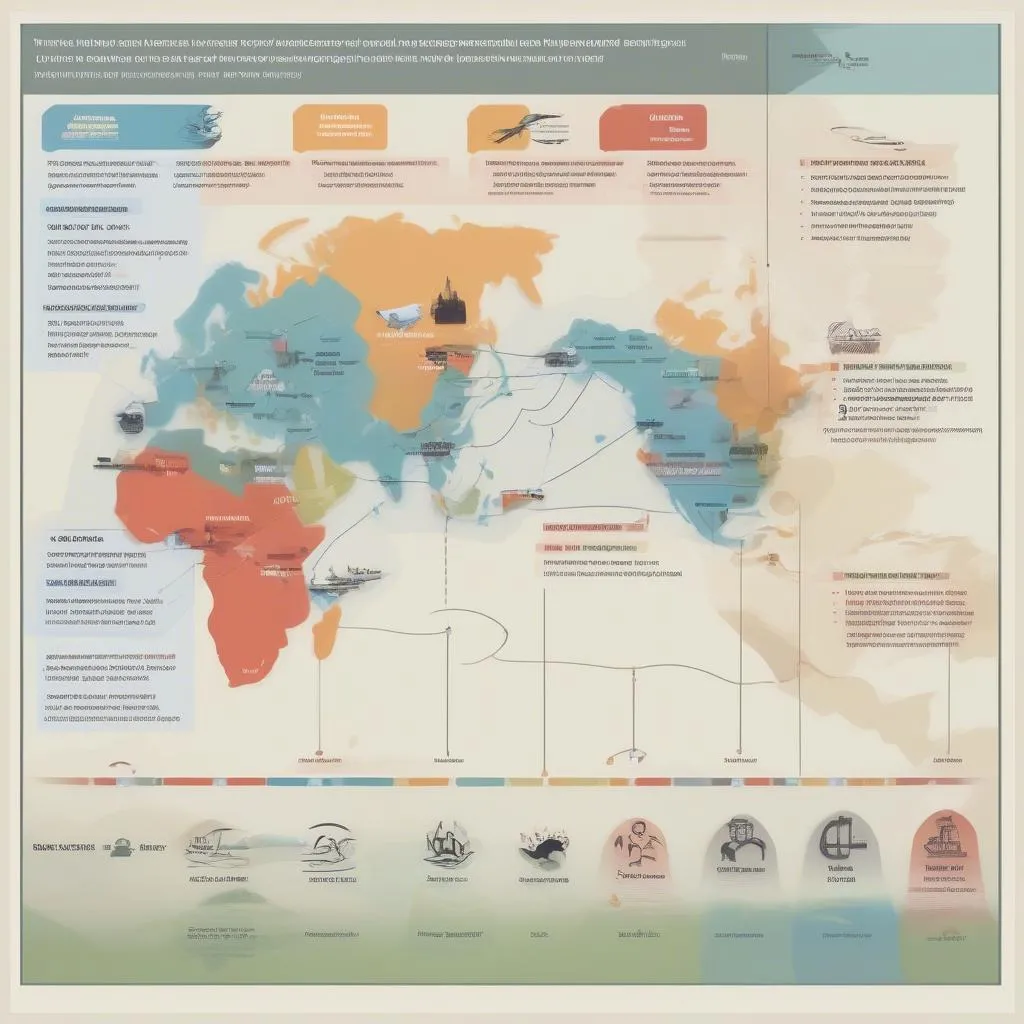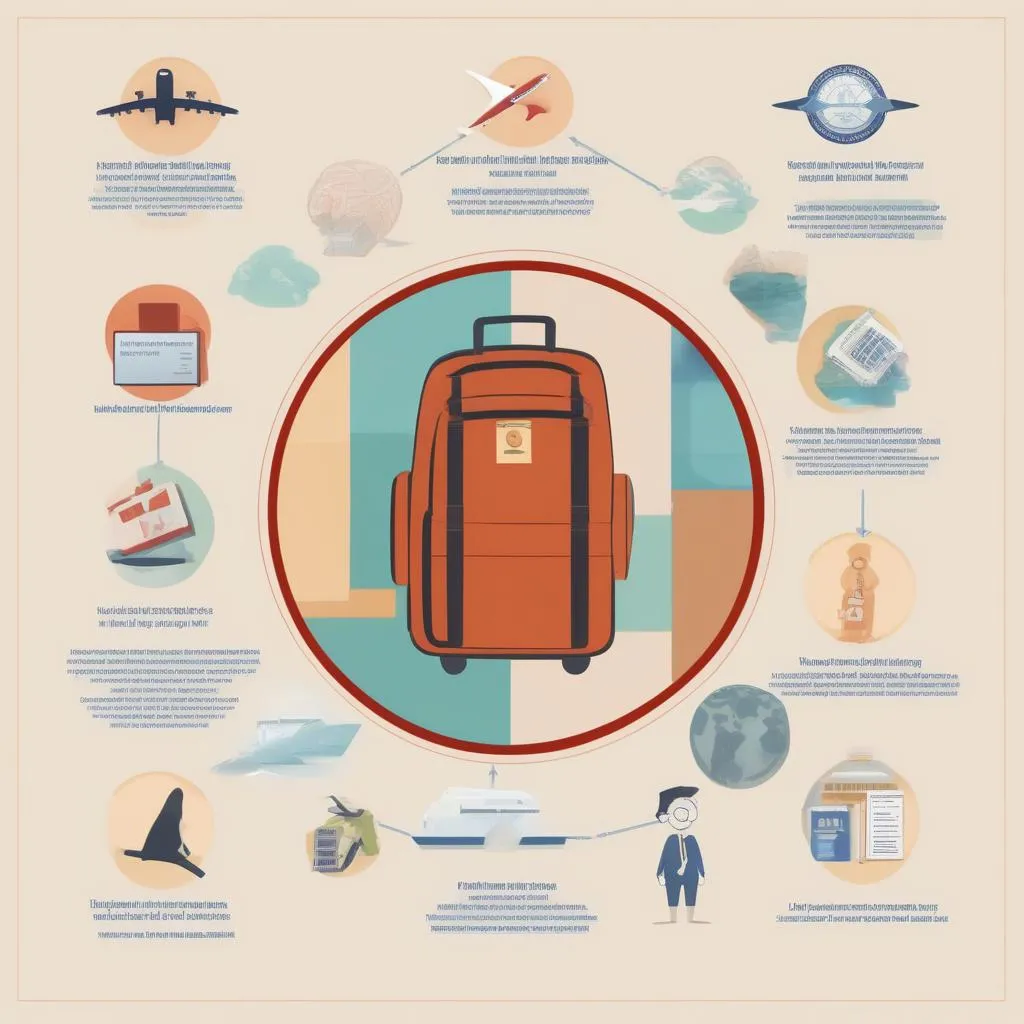Picture this: You’re strolling down the Champs-Élysées, baguette in hand, daydreaming about your upcoming trip to the vibrant streets of Bangkok. You’ve got your flights booked, hotels reserved, and itinerary meticulously planned. But have you checked the US Travel Advisory Level?
For the savvy traveler, understanding the US Travel Advisory Level is crucial. It’s not just about avoiding potential dangers, it’s about making informed decisions that prioritize your safety and well-being, allowing you to truly enjoy your adventures.
Decoding the US Travel Advisory Level
The US Department of State issues travel advisories for every country around the globe, ranking them on a scale of 1 to 4:
Level 1: Exercise Normal Precautions: This is the lowest level, indicating a relatively safe destination. For example, Canada and Iceland often fall under this category.
Level 2: Exercise Increased Caution: This level signifies that travelers should be aware of heightened risks to safety and security. Countries like the United Kingdom and France might fall under this level due to factors like potential terrorist threats or political unrest.
Level 3: Reconsider Travel: This level advises against travel due to serious risks. Factors like widespread violence, civil unrest, or natural disasters can trigger this advisory.
Level 4: Do Not Travel: This is the highest level, urging US citizens to avoid travel entirely due to life-threatening situations such as war, famine, or severe outbreaks of disease.
 US Travel Advisory Levels
US Travel Advisory Levels
Why Should You Pay Attention?
You might be thinking, “But I’m a careful traveler! I don’t need to worry about these advisories.” However, understanding the US Travel Advisory Level offers several benefits:
- Safety First: The advisories provide invaluable insights into potential risks you might not be aware of.
- Informed Decisions: They empower you to make informed choices about your destination and travel plans.
- Travel Insurance: Many travel insurance policies are influenced by these advisories, especially at Level 3 or 4.
- Peace of Mind: Knowing you’ve factored in potential risks allows you to relax and enjoy your trip.
Planning Your Next Adventure?
Ready to embark on your next adventure? Before you pack your bags, consider these tips:
- Check the Advisory: Visit the US Department of State’s website for the latest travel advisories on your chosen destination.
- Do Your Research: Go beyond the advisory level. Research the specific risks and precautions for your destination.
- Stay Informed: Enroll in the Smart Traveler Enrollment Program (STEP) to receive alerts and updates from the US Embassy.
 Travel Safety Tips
Travel Safety Tips
Frequently Asked Questions
Q: Are these advisories mandatory?
A: No, the advisories are recommendations, not legal obligations. However, ignoring them can put your safety at risk.
Q: What if my destination has a high advisory level?
A: Consider alternative destinations or postpone your trip.
Q: Can the advisory level change?
A: Absolutely! Global events can cause rapid shifts in safety and security. Monitor the advisory level even after booking your trip.
Travel with Confidence and Explore the World
Just like a compass guides explorers, the US Travel Advisory Level helps navigate the world safely and responsibly. By staying informed and prepared, you can confidently explore the globe, embracing new cultures and creating unforgettable memories. Remember, adventure awaits, but so does responsibility.
For more travel tips and information, explore our website TRAVELCAR.edu.vn and delve into our traveler’s blog for insightful articles and destination guides. You can also find specific articles like “Does Cancun have a travel advisory?” or “Is Kenya, Africa safe to travel?”

